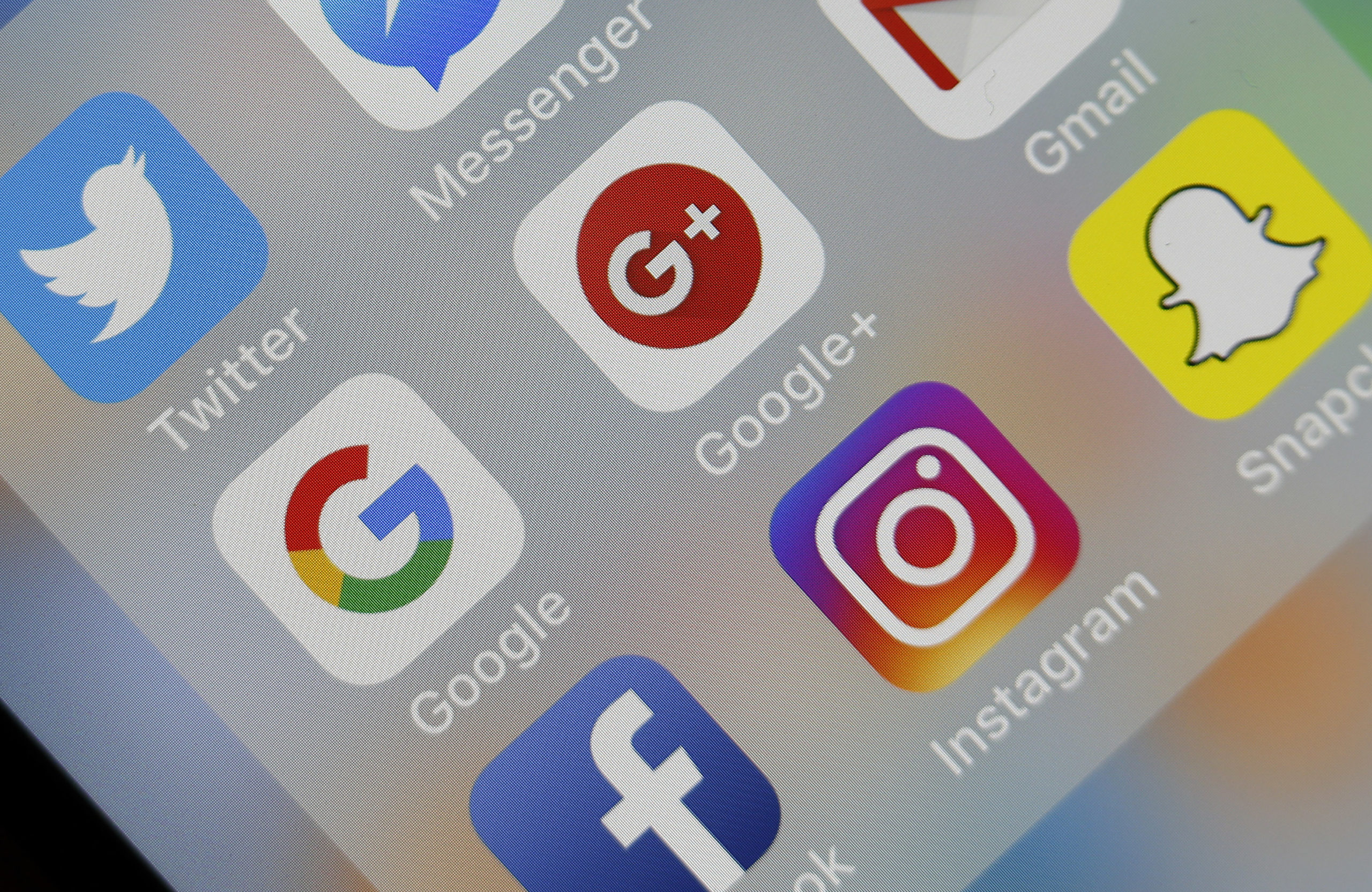
Your data is your data, and no one should be able to access it but you. Not even advertisers, hackers, or third parties. But let’s face it, privacy and technology aren’t always in lock-step with each other.
Last week, we got the chance to pick the brains of some of Apple’s top execs ahead of World Privacy Day. They walked Girls United through the robust system that they have in place to combat the security challenges that mass tech comes up against in 2020, promising us that “privacy is a fundamental human right.” According to their presentation, their four core principals include: data minimization, on-device data processing instead of external collection, transparency, and security.
The discussion comes on the heels of many tech companies coming under fire for what many feel have been abuses of privacy, data leaks and unethical sharing of user’s browsing information. And while so many of us may be side-eyeing cloud-based voice systems like Amazon’s Alexa or Apple’s Siri, Apple tells us that for them, privacy has been a priority since the start.
We asked Apple to download us on how to best protect our privacy as we navigate the smartphone universe and their answer was pretty simple: Set a passcode.
With touch ID and face ID, Apple has made it even easier for their users to access their phones after simply looking at or touching their phones. We know that Gen Z values speedy technology (think about how irritating slow wi-fi is!), but sometimes it’s worth it to slow down a few seconds to go that extra mile.
Here’s the thing – phones aren’t just phones, they’re mini computers. In fact, Apple told us that some people have more private data on their phone than they do in their homes. This means that protection is pivotal to ensuring data safety and user comfortability.
So, if you haven’t already, go set up a passcode!